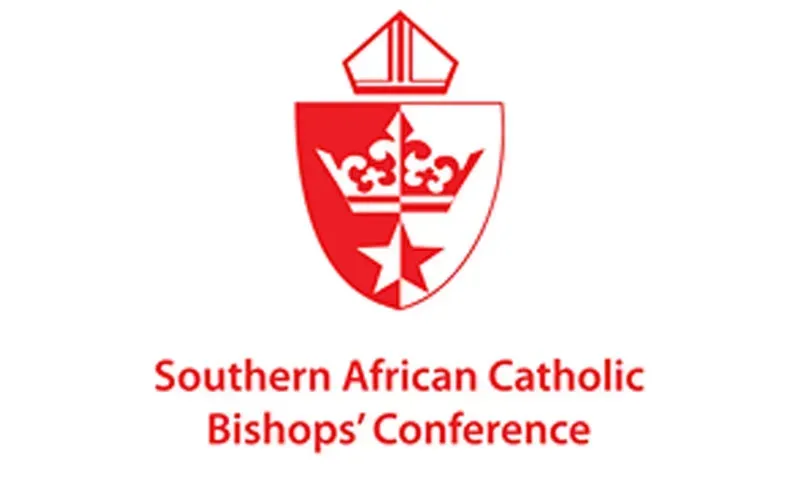Johannesburg, 03 November, 2021 / 8:28 pm (ACI Africa).
The Justice and Peace Commission (JPC) of South Africa’s Catholic Archdiocese of Johannesburg is proposing the engagement of unemployed young people in the country to oversee future elections in the country by giving them various positions in the electoral process.
Peter Mpuang from the Johannesburg JPC office of the Southern African Catholic Bishops’ Conference (SACBC) was one of Church officials that observed South African municipal elections that were held on Monday, November 1.
Mr. Mpuang told Radio Veritas that people who take up positions in the country’s electoral processes are already in employment while unemployed graduates who genuinely need the jobs are left out.
“We know we have our issues and problems of unemployment of young people in general, and especially the graduates and so forth, we’ve got them in abundance,” Mr. Mpuang said.
“Young people especially who are unemployed should be utilized and properly trained to work in the electoral stations,” the JPC official further said, and added, “People who come to the station are already employed. They come to work with divided attention and are unable to focus completely on the electoral process.”








